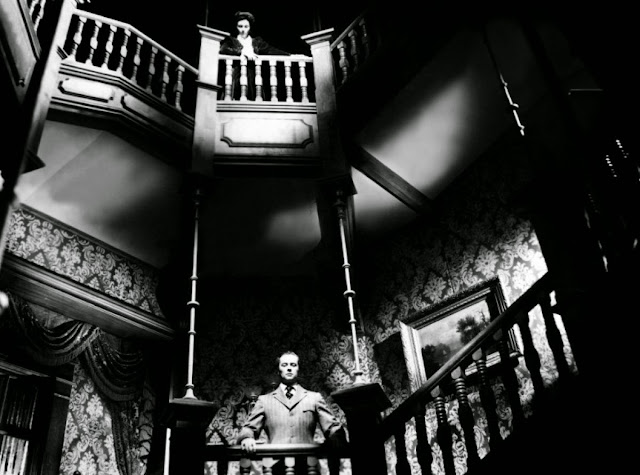Musings on Movies: Promising Young Woman, News of the World, and Some Classics
I took a much-needed break from research in December and spent much of that time seeing classic movies I've always wanted to see as well as some new ones at the nearby drive-in. My reviews:
New Releases:
Promising Young Woman was amazing, and shocking. I recommend it far and wide to anyone with emotional fortitude. The screenplay is a masterpiece. The movie concerns a woman out to avenge a wrong. Played by Carey Mulligan, she's a brilliant and tough protagonist. It's a performance that could easily have been monotonous, but Mulligan has us guessing her every move. She's the star, but there's not a weak performance in the movie. The bright color pallet pops off the screen, and the sumptuous set decoration establishes each scene perfectly. The snappy pop soundtrack seals the deal. But please, please, make sure you are ready for something disturbing before you see it.
News of the World, on the other hand, was as boring as could be. It's like watching someone else's road trip, but with horses so it takes longer. The entire plot could have taken just ten minutes, and there's nothing visually or dramatically novel to make all the empty time worth much.
Mank, which I'd much anticipated given my love of Orson Welles and Citizen Kane (see below), was underwhelming. It wasn't terrible or even bad, but it fell considerably short of what it could have been. It mimics some amazing cinematography from Kane, but the first hour essentially consists of watching Gary Oldman lie in bed drunk, and too much of the plot is told by banter rather than shown. Still, there's some fascinating old-Hollywood politics here, and the craftsmanship is impressive.
Classics:
I've been working my way through a list of great directors and watched a number of classic Hollywood types—Ernst Lubitsch, William Wyler, George Cukor, and the amazing Orson Welles. Here's a taste of my thoughts on a few:
To start, I'd never seen The Magnificent Ambersons or really watched anything beyond Citizen Kane attentively, even though Kane is one of my favorites. Ambersons is an extraordinary movie as well with many of Kane's qualities: sharp, expressive lighting; full scenes with layers of action; versatile editing that moves us efficiently and deliberately through the story. It tells the tale of a Midwestern family swept aside by creative destruction toward the end of the nineteenth century. It seems to me to be one of the best illustrations of economic change, the futility of resisting it, and the way worldly change can reshape and unnerve a family. The performances and script are excellent, but the visuals are what really sold it to me. This was a true treasure to find—I've loved Citizen Kane for a long time and had no idea Welles had made such a similar movie in 1942, one that enables me to see again much of what's great about Citizen Kane.
Othello by Welles also shares many of Kane's qualities but on a lower budget—expressive shadows, carefully arranged montages, and bold performances. Welles shades his skin to play a black character, though, which is offensive and sustains the exclusion of black actors from cinema. Welles avoids caricature makeup, though, and the explicit message of the film is in line with Welles's general anti-racist politics, as shown by his all-black production of Macbeth in 1936.
Next up is My Fair Lady, a grade-A(+) Hollywood adaptation of the stage musical I've long loved. The songs are classic and gorgeous, and the production quality is essentially flawless. It's beautifully shot and staged, well-directed, and invitingly performed. I had misremembered the ending of the play, though, and the film's ending left me puzzled at best. In my recollection, the male protagonist (a snobby, chauvinistic language professor) softened and grew to appreciate the female protagonist, recanting his callous treatment of her. On this viewing, though, he fell far short of that, just barely starting to question his actions—and she returned anyway. It appears the ending is supposed to be ambiguous, though (and a tad less ambiguous than Shaw's original). I can appreciate that—one could buy that she will now put him in his place, that she'll leave him, that she'll make the best of a bad situation forced on her by the times, or even that she's realized he wants only a platonic roommate (with his male friend plausibly non-platonic). In any event, the whole quality of the production and fun of the music is far too grand for the ending to ruin it. The part I found most underrated is Audrey Hepburn: she disappears remarkably into the part of Eliza Doolittle and is thoroughly expressive throughout. (Marni Nixon's dubbing helps.)
Anyway, that's all for now—perhaps I'll return with some more thoughts next week.





Comments
Post a Comment